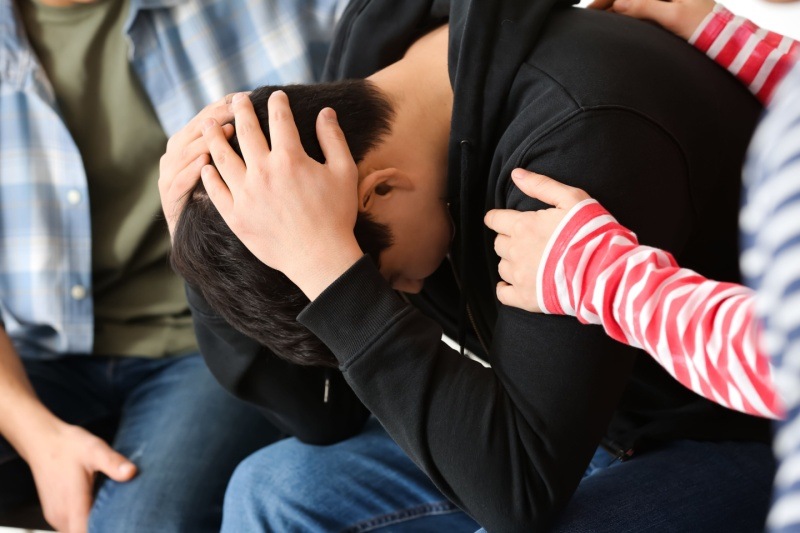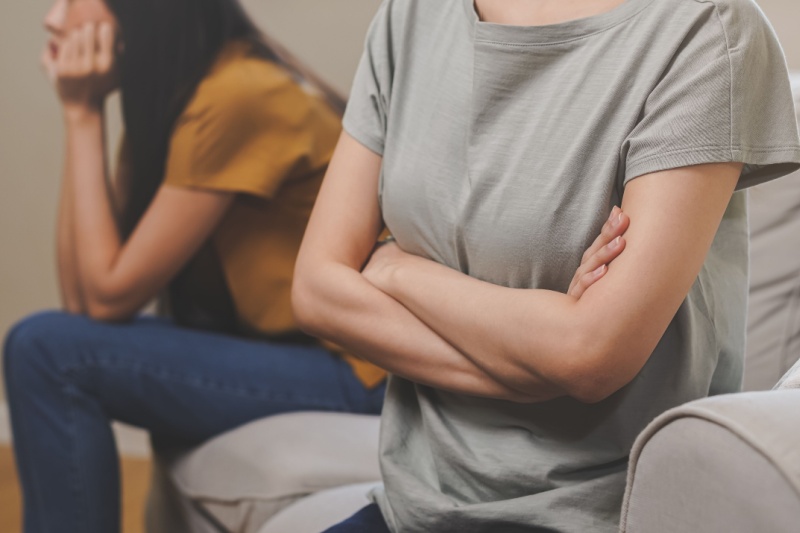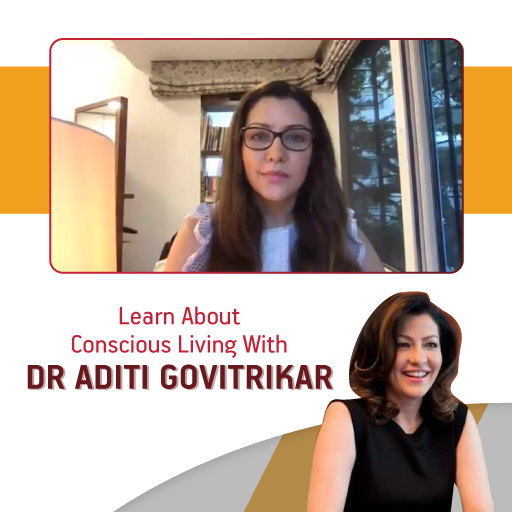
The foundation of the various challenges faced by the LGBTQIA+ community is based on the notion of: ‘How am I going to be perceived and what are they going to say? This thought process can lead to negative thoughts and suicidal ideation, which can be heavy for your mental health.
What you need to know:
- What is suicide ideation?
- The relationship between suicide ideation and the LGBTQIA+ community
- Health risks of the LGBTQIA+ community
What is suicide ideation?
Suicide ideation is a term that represents the tendencies or thought processes one has toward giving up on life. Their conversations would be marked by hopelessness and pessimism. Shame acts as invisible clothing that moves around within society. Also, these tendencies are so subtle and invisible that they go unnoticed. Having a thought process along these lines does warrant that the individual intends to give up on life. It intensifies when these tendencies are accompanied by concrete thought over plans and actions.
The relationship between suicide ideation and the LGBTQIA+ community
Suicide cannot be an answer to what you are going through today in your current reality. When people experience a setback or injustice, they tend to fill in the blanks to feel satisfied. We get unsettled with blank spaces in our lives. These blank spaces exist more for a community that faces discrimination for being born with a specific sexual preference that is not entirely white and black. The in-between fluid shades are perceived as abnormal or subjected to various opinions; the risk factors compound more. These factors interfere with everyday living, pushing them to take shortcuts to make it easier. But does it get easy, or is it a temporary illusion? If pressure is created anywhere, compression will happen somewhere else. This compression will occur in our society, and there will be consequences that the entire society needs to face.
Health risks of the LGBTQIA+ community

Members of the LGBTQIA+ community have health needs and risks that need more attention than other men and women. People in the LGBTQIA+ community may face higher physical and mental health risks in terms of cardiovascular issues, gastric issues, low immunity, stress-prone conditions, obesity, sexually transmitted diseases, depression, anxiety, eating disorders, hormonal problems, PTSD, etc.
There are also elevated chances of picking up harmful habits and behaviors that magnify the risks faced by the community. These behaviors include exploring and abusing substances and alcohol, tobacco usage, unsafe sex, not being physically active, abuse of allopathy medicines, unending hormonal treatments, etc.
High tendency to avoid reaching out for help, screening, and testing. It may be fear, anxiety about what may come up in the test or a reaction to disclosure while seeking help. There could be fear of judgment, neglect, feeling unsafe, aggression and receiving poor quality of care by people who conduct these tests.
We need to choose the battles that are worth fighting and living through. As a community, we must learn to protect ourselves better, become more resilient, and choose the right battles.
Stay tuned to the Activ Living Community. Keep up to date with the latest health tips and trends through expert videos, podcasts, articles, and much more on nutrition, fitness, mindfulness, and lifestyle conditions like Asthma, Blood Pressure, Cholesterol, and Diabetes. Activ Living ke saath sahi sehat ki shuruaat ABHIkaro.
You may also be interested in the following blogs:
- Dealing With The Stress Of Family Rejections In The LGBTQIA+ Community In India
- Tips To Manage Mental Health Issues In The LGBTQIA+ Community In India
Popular Searches
How to lower blood pressure | Fruits good for liver | Unhealthy foods | Ragi Benefits | Basal Metabolic Rate | Acupressure points for High Blood Pressure | Ayurvedic medicine for blood pressure | How to control cholesterol at home | Homeopathy for Asthma | Biological Age | Home remedies for TB | Natural beta blockers | Negative effects of internet | Types of walking | Blood pressure calculator | Blood sugar calculator | BMI Calculator





 1800-270-7000
1800-270-7000







